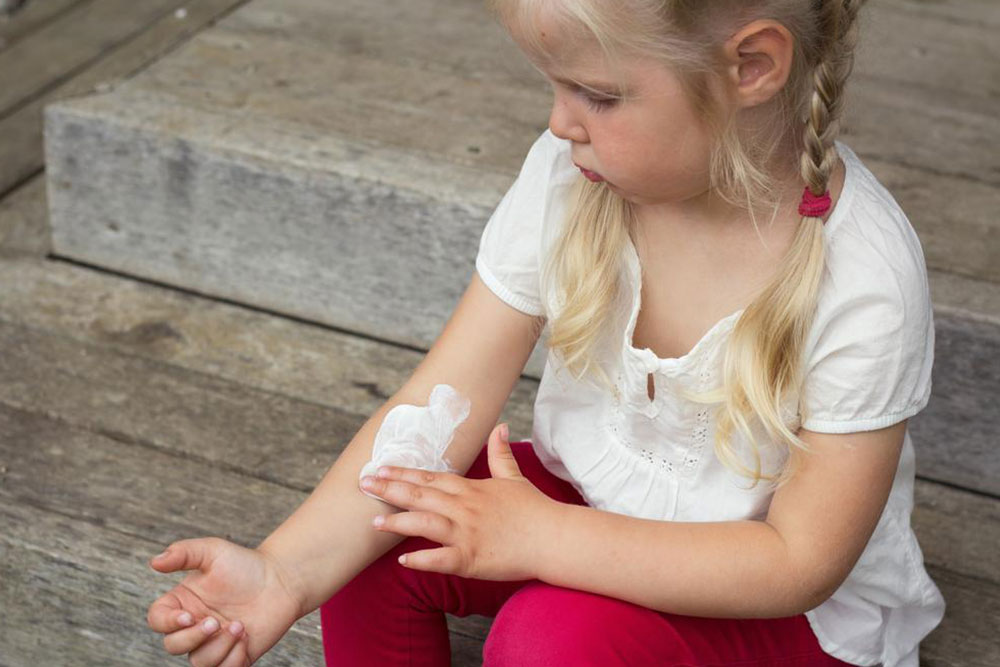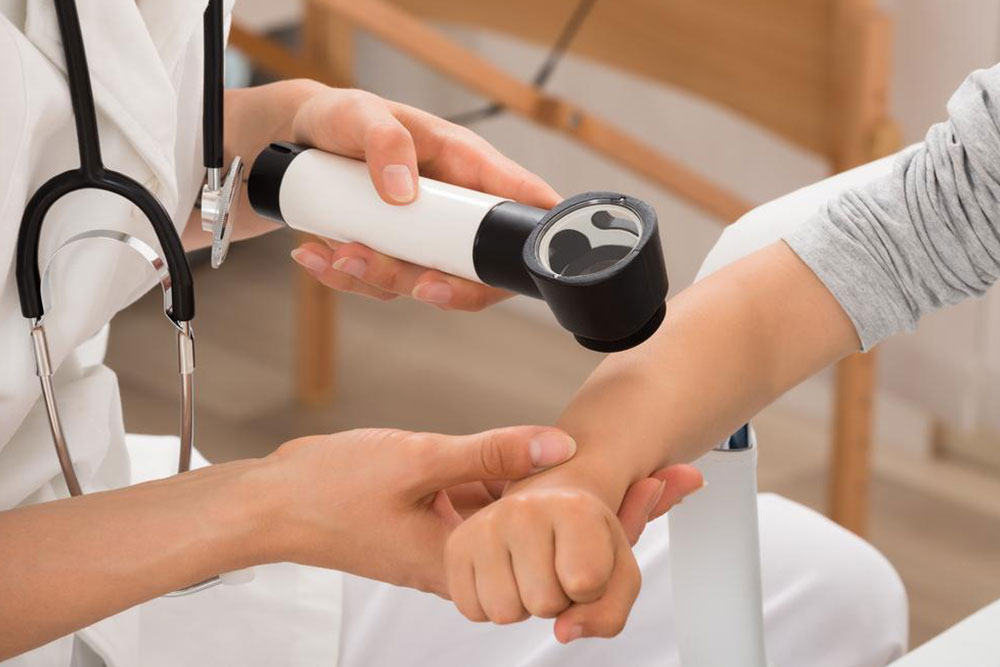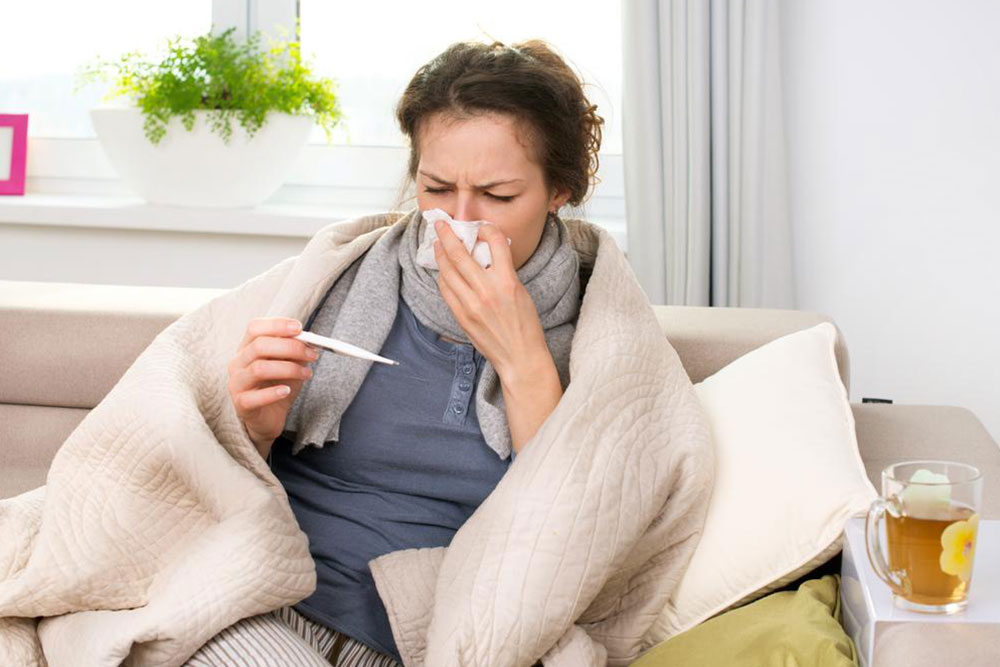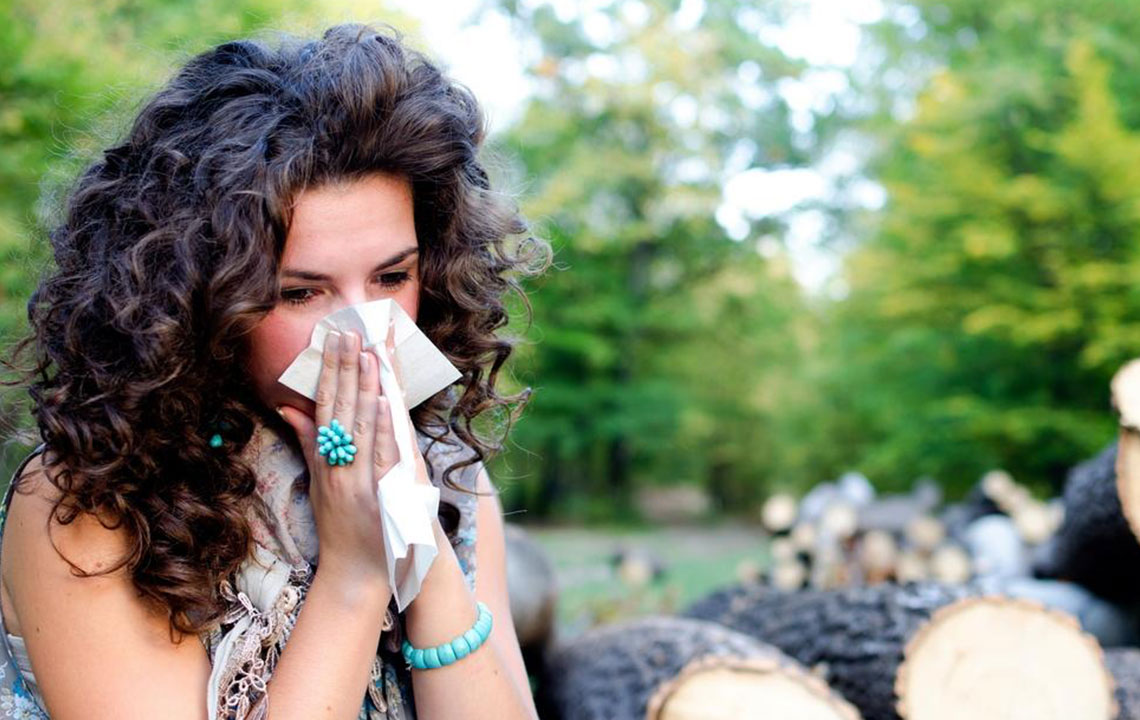Top 10 Causes of Hives and How to Prevent Them
Discover the top causes of hives and effective ways to prevent and manage this common skin condition. Learn about triggers such as allergens, medications, stress, and environmental factors. Understanding these causes helps in taking proactive steps for relief and health maintenance. Seek medical advice for persistent or severe cases to ensure proper treatment. This comprehensive guide offers practical tips to minimize hives and improve skin health, making it a valuable resource for anyone experiencing recurrent allergic reactions or skin sensitivities.

Top 10 Causes of Hives and How to Prevent Them
Hives, or urticaria, are sudden, raised, itchy red bumps that can appear anywhere on your skin. Lasting a few hours to a day, these swelling marks vary in size and can merge to form larger patches called plaques. Though their exact cause is often unclear, they frequently result from allergic reactions to various triggers. Hives can develop on the face, neck, shoulders, or back and tend to sting, itch, and cause discomfort, which can be embarrassing.
Understanding the common causes is crucial for prevention and management of hives. Here are the primary factors behind their occurrence:
Environmental Triggers Hives may be caused by external allergens such as dust, pollen, pet dander, or insect bites. When your skin’s blood vessels release histamine in response, hives develop. Identifying specific triggers helps in avoiding outbreaks.
Food Reactions Certain foods like nuts, shellfish, eggs, dairy, berries, or artificial additives can induce allergic responses. Some individuals experience hives after eating specific items, while others react through contact.
Infections Viral or bacterial infections can lead to hives, often accompanied by symptoms like fever. Such hives typically appear before or during illness, resolving as the infection subsides.
Tight Clothing Wearing snug or rough fabrics can cause friction and aggravate skin reactions. Opt for loose, breathable clothes to minimize skin irritation, especially in hot weather.
Medication Sensitivity Allergic responses to drugs such as antibiotics, aspirin, or other medications can trigger hives. Always consult your healthcare provider about potential drug allergies.
Stress and Anxiety Emotional stress and chronic anxiety can worsen skin conditions, leading to stress-induced hives. Managing mental health is important to prevent flare-ups.
Sun Exposure Sun hives, or solar urticaria, cause red, itchy bumps when exposed to sunlight. This condition can be persistent and unaffected by sunscreen.
Temperature Extremes Sensitivity to cold or heat can provoke hives. Cold urticaria appears in response to cold air or water, whereas heat hives occur with hot environments or activities.
Sweating Physical activity or hot showers increase body temperature, leading to the release of chemicals that may cause hives in sensitive individuals. Maintaining cool environments can help.
Underlying Medical Conditions Persistent hives might be a symptom of underlying health issues like thyroid disorders, lupus, or hepatitis. Medical consultation is recommended if hives are chronic or recurrent.
Most hives are temporary, lasting only hours or a day, and require minimal treatment. However, if they persist or recur frequently, seek medical advice to address potential underlying causes.
Disclaimer: Our articles aim to provide helpful information across various topics. While our team makes efforts to ensure accuracy, clients should not rely solely on these articles for medical decisions. Consult a healthcare professional for personalized advice. The website does not take responsibility for inaccuracies or unlisted offers or schemes.










